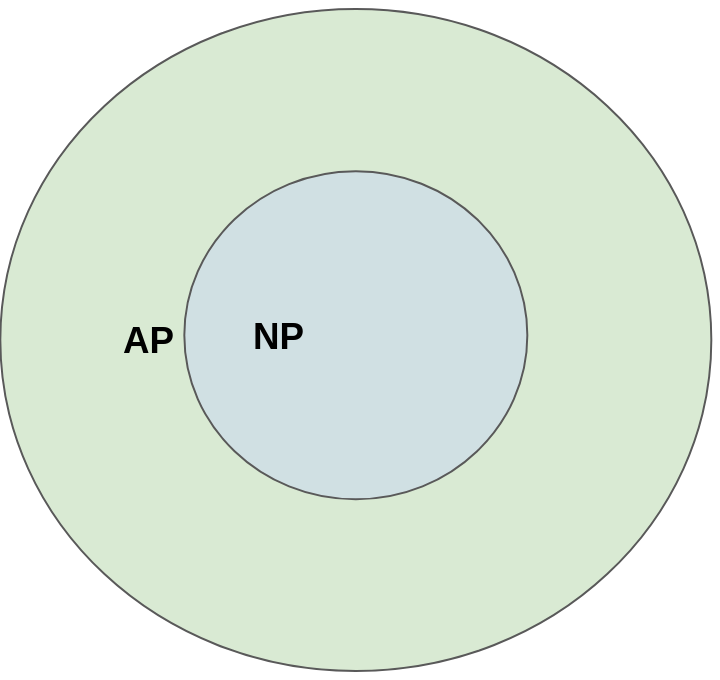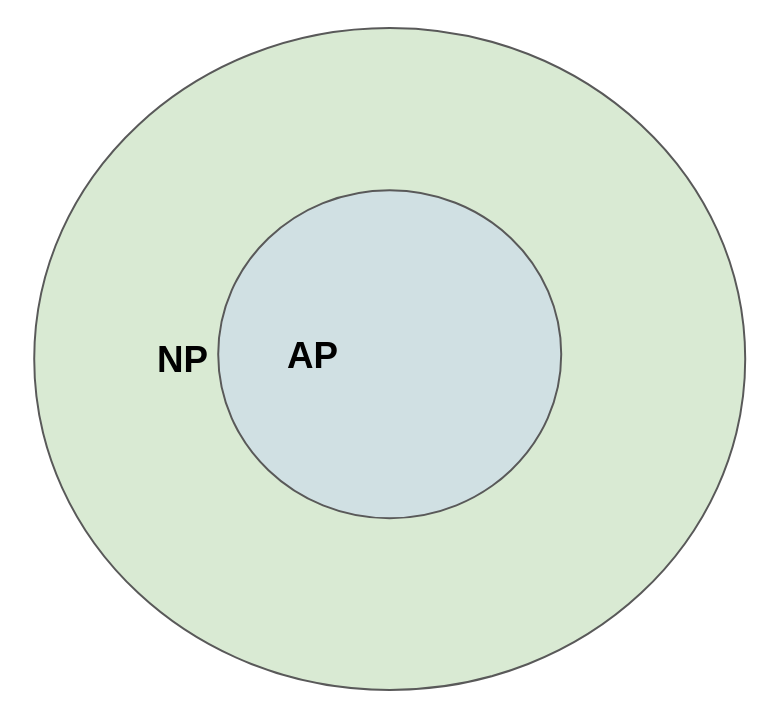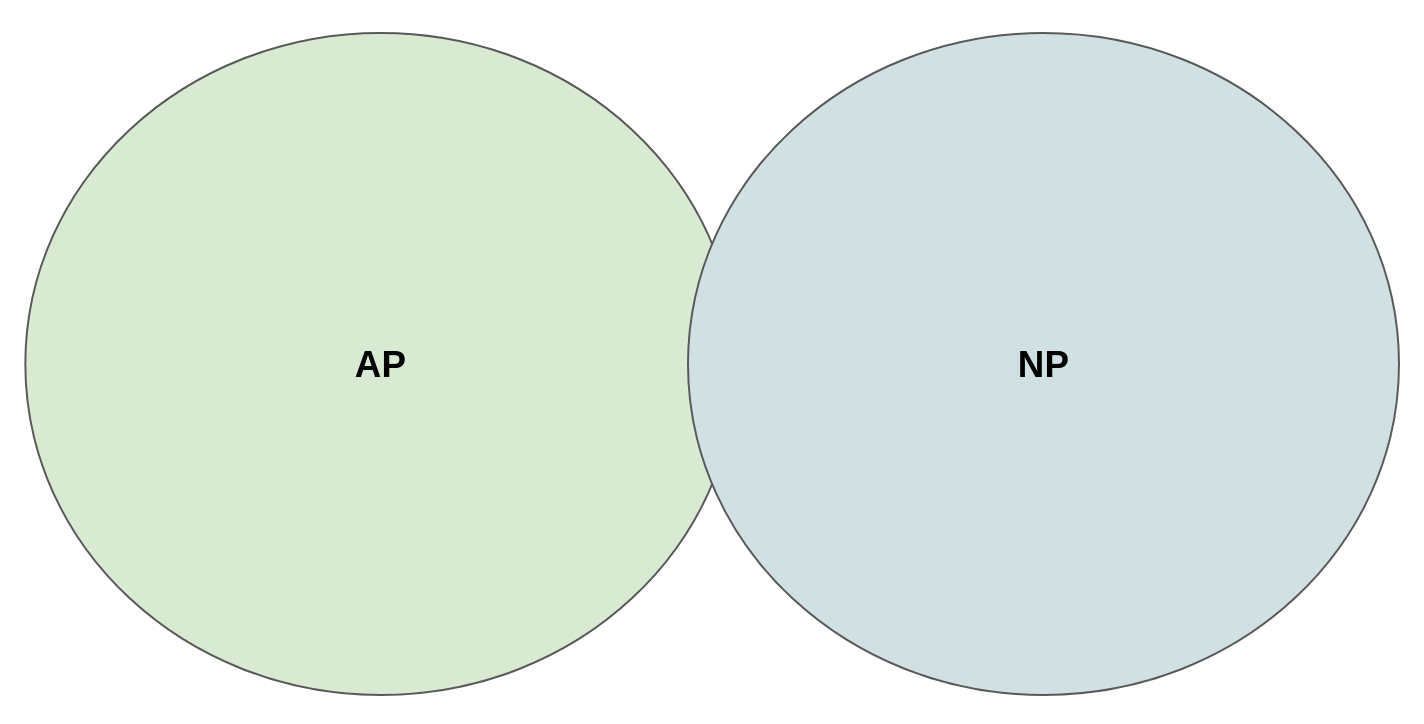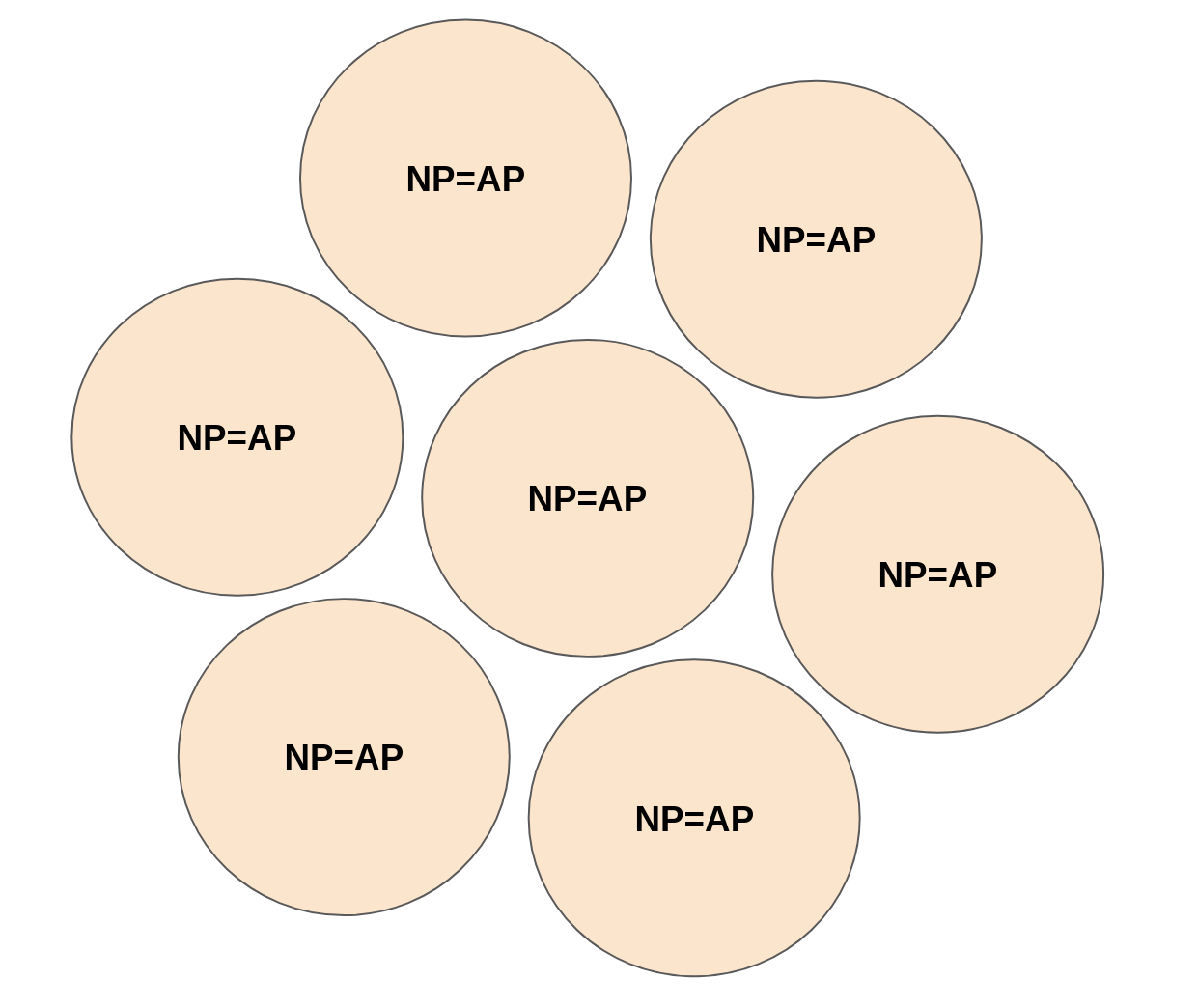The many forms of accountability

There are many reasons to believe that our governance mechanisms can be improved. If you were not told in an economics or political science class, then you have probably thought about it when trying to deal with a complex tax or immigration law!
A simple way to see whether an organization is doing its job well, is to see whether it reflects the desires of its constituents. In other words, is the organization held accountable?
Governments are not the only entities which suffer from governance issues. In fact, any type of large organization (whether public or private) risks unfairly or inefficiently using their power. We all know stories of large companies like Facebook and Apple breaking some laws in major ways. Sometimes the organization is effectively held accountable by its constituents, through voting or people voicing their concerns. Other times, the organization holds a firm grip on events, and can continue performing the same unrightful actions for a long time.
To understand how large organizations can be held accountable, first we need to see how large organizations come to be in the first place:
"Civilization is definitionally about increasing returns. Through organizational forms like cities and complex economies, we increase what is available for all of us to consume—whether of food, water, or other goods." - (source)
As a rule of thumb, the bigger the organization, the more benefit they can bring to society, but also the more power they can accumulate. Big politically centralized organizations are more efficient, but are also hard to keep accountable. A lack of accountability combined with a non-altruistic leadership can have many defects: a lack of innovation, too much inequality, a general misallocation of resources. Ultimately, certain institutions may not be serving their "polity" well.
Ways in which organizations can lack accountability
Whenever a collective decision has to be made, a possibility arises for the decision to accurately reflect the preferences of the collective or polity. Political economist Glen Weyl proposes the following categorization to highlight different ways in which a large organization can lack accountability:
"To formalize this, we can say that if the “actual polity” AP diverges in a severe way from the “natural polity” NP, we should expect simple democracy to lead to very bad outcomes. To keep matters simple, the focus here is on inclusion or exclusion from the polity as a 0-1 variable. In most cases in practice the AP and NP will both be weighted (some will have a more effective voice than others and some will be more or less affected by a decision), but this complication only further strengthens the argument because simple democratic mechanisms based on 1p1v have a hard time dealing with this subtlety."
Let's look at a couple of examples graphically:
AP>NP: this is the case of minority or local group oppression, when the actual polity is much larger than the natural polity for an issue.
Some examples:
- In governments, minority groups may not be represented in parliament.
- In companies, employees might not be represented in the leadership of the firm.
Strong legal institutions, lobby groups and representative bodies can all be of help here. Alternatively, the larger organization can be split through e.g. secession or any other method to pursue decentralization.

NP > AP: this is the case where important individuals are disenfranchised from the decision.
Climate change and global inequality are examples of problems too big for any single company, municipality or government to take ownership over. This scenario is actually a reason to create bigger governance mechanisms including more people.

NP≠AP: this the generic case when the natural polity cuts across the boundaries of the actual polity and is neither smaller nor larger; some members of the actual polity are in the natural polity, but not all, and there are members of the natural polity disenfranchised form the actual polity.
Examples of this include governments which neglect international ecological resources (think of a waterway moving through multiple countries), or an NGO which brings misguided development aid in a region which didn't ask for it.

Measuring the polity
A national government's natural polity consists of their citizens, i.e. those that have been born there or live there. Membership is often geographically defined. Ensuring that the actual polity in a representative democracy represents the natural polity is a core challenge which different electoral and voting systems aim to solve.
A company's polity consists of their shareholders and employees, i.e. those that reap the rewards from the activities of the company. The actual policy is the company leadership.
For every decision which any organization makes, there is potential room for error and for a situation to arise where the decision of the actual polity (AP) does not reflect the preferences of the natural polity (NP).
However, as a society, we have only limited resources at our disposal, so it is important to identify which injustices are most important to tackle. A common method to identify which issues are most important is to follow the news - the latest crisis or scandal might urge politicians and regulators to prosecute a particular company or might cause a political figurehead to step down.
Is there any systematic way to uniformly measure accountability across different types of organizations? Various accountability proxy measures have been proposed, and these are indeed used by regulators and NGOs:
- The Lerner Index, which measures a firm's market power.
- Freedom indices, which measure a country's level of freedom.
Peak accountability
In order to achieve a higher level of accountability, I assume that we may need a larger amount of organizations to exist, each handling a subset of activities which governments are currently handling, the situation to strive for may look at follows, a true plurality of organizations:

But size isn't everything. Large organizations are not homogeneous entities, and within them, there can and do exist many layers of representative organizations. Change is expensive, and there are many paths leading to a fairer society, so the challenge remaining is to find the right or fastest path to increased accountability.
